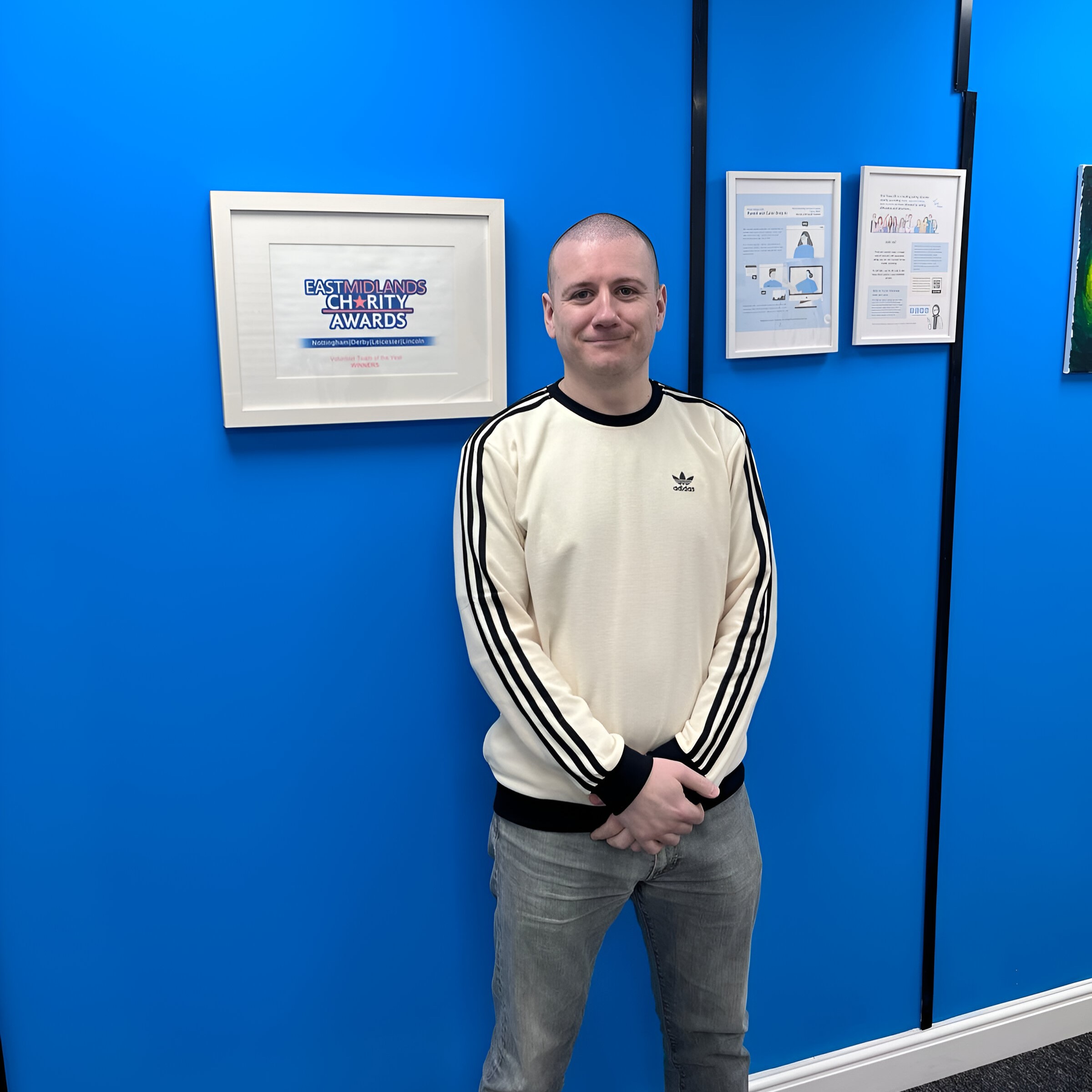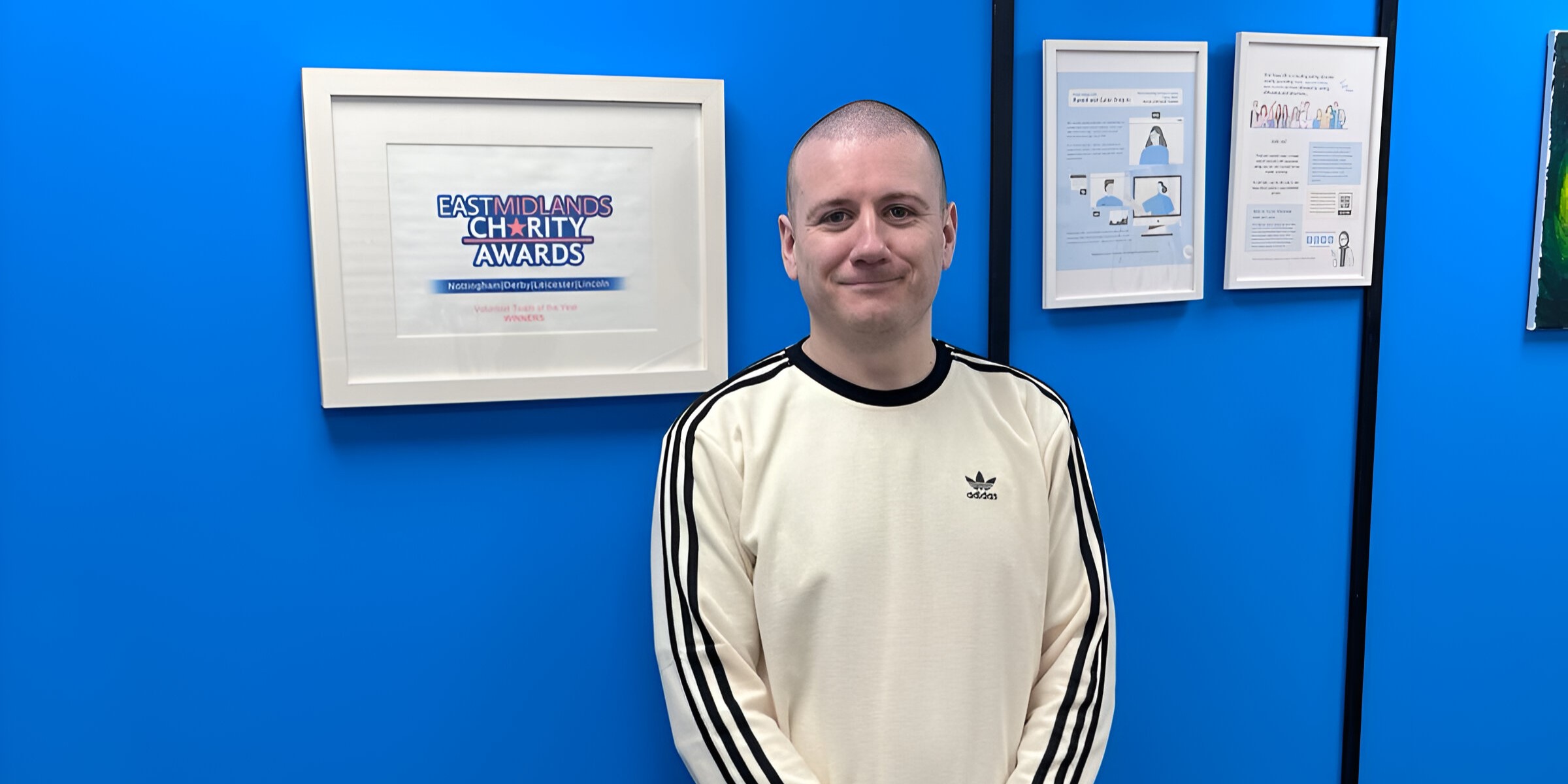My ARFID Recovery Journey: Finding Hope through Therapy
When I began my 16 weeks of therapy with Rebecca at First Steps ED in early 2024, I never imagined how transformative this journey would be. Not just for me, but potentially for others facing similar challenges with ARFID (Avoidant/Restrictive Food Intake Disorder). You can read more about what we covered in those sessions in my previous blog post; however, I wanted to share the broader story of how I got there and what it has meant for my recovery.
Where it started
I was referred to a counsellor for help with depression, and they were based in the same building as First Steps ED. Because I had mentioned food as part of my CBT, he spoke to someone in First Steps ED about me.
I hadn’t considered that this could be a solution to my problems, but when they offered group therapy, I knew immediately it wasn’t my cup of tea. I’d been in some ARFID groups online, but rather than making me feel better, they actually made me feel worse.
Taking a leap of faith
First Steps ED then asked how I thought they might be able to help if I didn’t want to go ahead with group therapy. I then pitched the idea of exposure therapy based on my previous CBT sessions. Then, the proposition was made a couple of weeks later, after internal discussion, that they would do it if I could help develop the sessions by giving feedback along the way.
Since the initial NHS CBT sessions, I had been able to eat more, but my momentum had dropped off. I wasn’t trying new things, and some of the wins had been forgotten. But I had evidence from my previous experience that this approach could work for me. I felt confident I was going to get something meaningful from it, and the sessions were free because it was a bit of an experiment. More than that, I wanted to prove this could work and help other people facing similar challenges.
But perhaps most importantly, my little girl was starting to question why she had to eat things that I wasn’t eating. That was my real motivation; I wanted to overcome this for her.
The reality of recovery
The sessions began, but life had other plans. I was simultaneously going through an NHS ADHD assessment, which meant a lot of our sessions inevitably covered life more generally and how everything interacted with my ARFID. Looking back, I feel like I wasn’t getting as much out of the therapy as I could have if I’d been in a different place mentally.
Despite these challenges, the work we did together began to shift some deeply held beliefs I had about food. Beliefs that simply weren’t true, and still aren’t true. For example, I’d only eat raspberries of a certain shade. When I actually tried darker ones, I discovered they were sweeter – completely contrary to what I’d convinced myself.
The changes might seem small to others, but they’re significant to me. I usually wouldn’t eat breakfast, but now I can eat cereal with my kids. Sunday dinners have improved too – I now have a bit of veg. It’s not where I’d be in an ideal world, but it’s so much better than before. Most importantly, I’m now able to handle challenges from my two-year-old about eating broccoli without feeling defeated.
Non-linear progress
I won’t pretend recovery has been linear – it’s been up and down. But the wins matter more than the setbacks, and I’ve learned to concentrate on those victories rather than dwelling on the foods that still feel impossible.
Advice for others
To anyone in a similar situation who’s worried about therapy, I’d say give it a go. The sessions were led by me; I needed to feel comfortable in that space for it to work. The first session was just about getting to know each other – no food involved. It’s crucial to make sure it’s right for you and that you’re comfortable with that person.
Give yourself realistic, attainable goals. I had foods on what I called my ‘Z list’ that I wanted to tackle, but it didn’t go as well as I’d hoped because it happened too quickly. Start with something you think is achievable. Build up in a way that allows your brain to gain momentum – don’t try to run before you can walk.
Remember, there will still be things that feel disgusting to you, and that’s normal. Concentrate on the wins, however small they might seem.
One of my big learnings was that other people don’t necessarily like all the food they are eating. They are just better at eating for fuel. My brain perceives eating as something that should be for pleasure, and it doesn’t want to just eat something because it should do it, even if it doesn’t like it. I understand this now; it hasn’t helped me to eat better, but it has helped shift my perspective on the differences between my brain and other people’s.
Looking forward
Being part of the first cohort treated for ARFID at First Steps ED was both daunting and exciting. My trainee therapist and I essentially said, “Let’s wing it,” and we worked together on developing the approach. It’s awesome to know that this work is now becoming more mainstream and has helped other people.
My recovery continues to be a work in progress, but I’m proud of how far I’ve come. More than that, I’m hopeful that by sharing my story, others might find the courage to seek help too.


